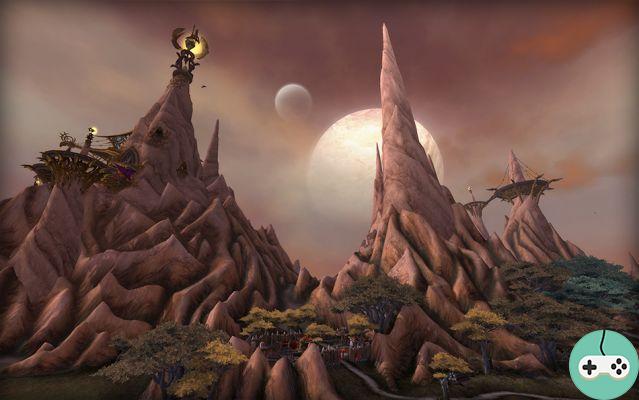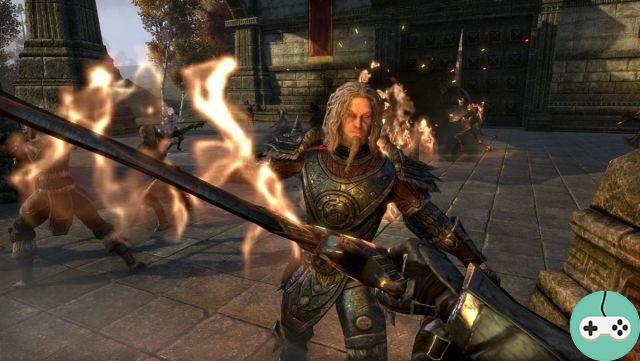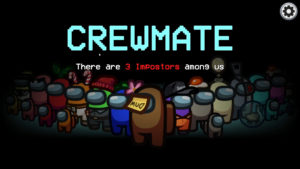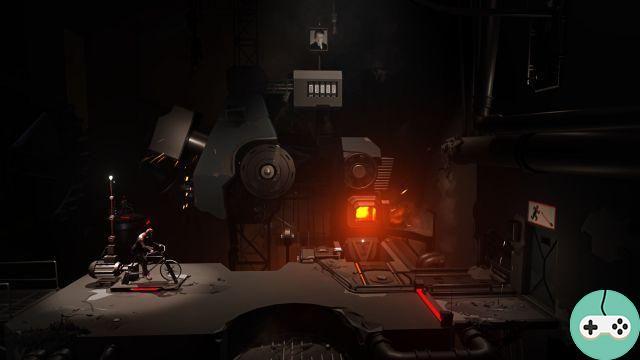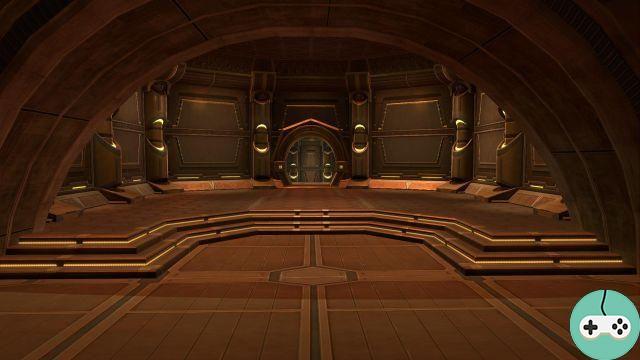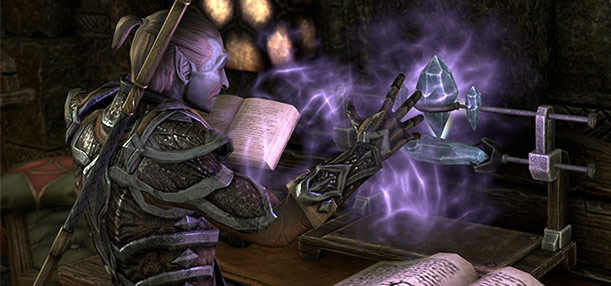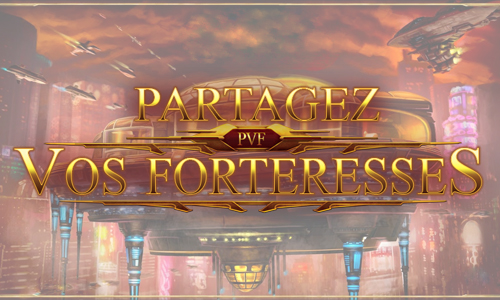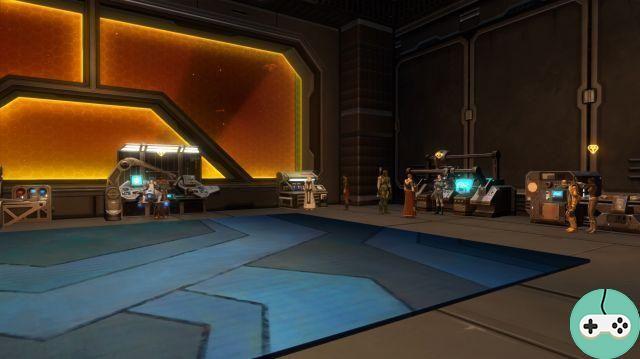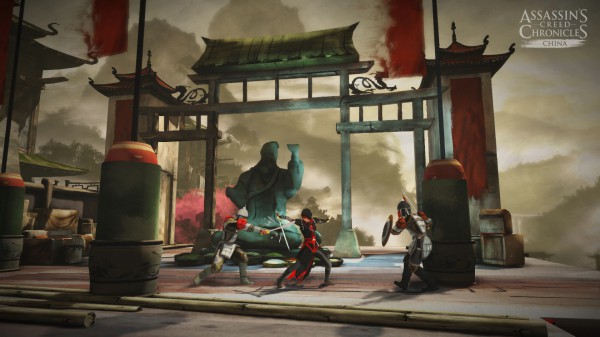Humankind is a 4X developed by Amplitude Studios, published by Sega and released on August 17, 2021 on PC.
Humankind is therefore, as previously indicated, a 4X type strategy game. The game allows you to embody several civilizations that will evolve over the ages, starting in the Neolithic era to reach our current time.
If you are used to 4X, especially Civilization, or even Endless Legend (another terrestrial 4X also developed by Amplitude Studios), the basic mechanics will be immediately acquired. However, even if the latter are similar, this does not mean that Humankind is a simple copy and paste.
The world is divided into many territories. In order to be able to expand its territory, it will be necessary to invest it in order to build an outpost there. Once this is done, knowing that a construction can take a different number of turns and can be destroyed/stolen during this time, you have several options. Leaving the outpost as it is, alone, allowing you to build only a few rare resource-related buildings in the area. Attach it to one of your cities, only possible by having a common border. Or turn your outpost directly into a town.




Depending on how you play (and your civilization), choosing what you do with your outposts will be crucial. Each outpost attached to a city will be managed directly from that city. The beneficial elements of the city and the outpost will add to each other, but so will the negative elements. An outpost on the brink of revolt that is attached to your city risks sinking your city's stability. On the other hand, too many cities will greatly reduce your influence gain and having only one city, but with many outposts, will require a lot of resources to maintain stability, population and food afloat.



The cities all revolve around districts, each district having its specificity, its bonuses and its penalties. There are scientific districts, financial districts, agricultural areas, etc. Bringing science, money, food, industry, allowing to set up trade routes, but reducing stability, possibly increasing pollution or reducing the field of view of your units, etc.
If you are used to games from Amplitude Studios, you should know that random events and choices are very present. Humankind is no exception to the rule. Throughout the adventure, many events will appear. Some are random, others will be subject to certain conditions (a special status in a city/outpost, the construction of certain structures, the result of a choice linked to a previous event, etc.).



The latter, requiring you to make a choice among several proposed solutions, will define the general ideology of your civilization, thus making it possible to choose the orientation among several "branches", each orientation bringing specific bonuses. You can thus have a civilization focused on religion, while being a civilization very open to other civilizations, but with total freedom for the people and the citizens, or you can have a civilization very focused on science, but closed in on itself- same, with a very strict internal policy, but rejecting any militarization. Or have a civilization with few bonuses, but in balance among all these elements, making it possible to more or less satisfy everyone, without being at the top in each branch.



The strength of Humankind comes from the evolution of civilization as it advances through the different eras. Each era requires you to complete a minimum of steps in order to move on to the next era. Thus, according to the eras, it will be necessary to discover a minimum of technology, obtain a certain amount of gold, science, influence, destroy a precise number of units, possess a certain number of territories, districts, citizens, etc Of course, you can focus on certain requirements rather than others, depending on your orientation and style of gameplay.
Once you reach a certain number of "stars", you can move on to the next era. However, this is not automatic, you can very well decide to stay in the current era to try to obtain more stars by accomplishing the achievements of the current era, and thus obtain glory and even some bonuses .
During the transition to the next era, you have two choices: continue with your current civilization or choose another one.
If you change civilization, you will of course keep all your progress, but you will get new bonuses, new units/buildings specific to the current civilization (while keeping the buildings already built from your previous civilization(s), as well as your units ). However, you lose the bonuses of your previous civilization. This can be very good if you want to change orientation mid-game (each civilization having a specific "orientation". Expansion, war, economy, science, etc.).


If however, you decide to keep your current civilization, you do not get any bonuses, buildings or units linked to the choice of another civilization. But you keep your current bonuses, and you also get an additional 10% glory gain, which accumulates throughout the game! You can thus, at the end of the game, have a gain ranging from +10 to +50% increase.




Again, this will be done according to the affinity and the choice of the player. Both options have their advantages and disadvantages. It should be noted, however, that if another player has chosen a civilization, it will not be possible for another player to choose it as well. Here again, the player will have to choose between changing era and thus having the greatest possible choice of civilization, losing all the possible bonuses, stars and glories that he could have obtained by remaining in the current era, or precisely try to earn as many bonuses, stars and glories as possible in the current era before moving on to the next, at the risk of seeing the civilization he wishes to endorse being taken by another player!



The last point that differs from other 4X is the creation of your avatar.
Indeed, in Humankind, you do not embody the avatar of a famous character linked to a specific civilization, but an avatar that you will have created yourself.
Creation begins with customizing the appearance. Gender, color, personality, face, different facial elements (nose, eyes, mouth, noses, etc.) hair, secondary elements (scars, beards, etc.)






Once this is done, we move on to the creation of the personality. The latter is divided into 3 branches: the archetype, the strengths and the inclinations.
The archetype allows you to choose the "ideological orientation" of your character. Many archetypes are available, each of them offering 3 choices. For example, the leadership archetype offers you the choice between "cruel", "balanced" and "benevolent". The “balanced” choice being the one that is common to all the archetypes, but granting, in fact, no bonus or effect. You can choose 3 archetypes from a dozen (leadership, sociability, resentment, confidence, planning, conflict resolution, etc.).

Once the archetype has been defined, you can choose 2 forces for the avatar, among several dozen forces. These mainly define the bonuses on certain specific elements. For example, a bonus for earning money on trades, faster technology research, etc.

And finally, inclinations. Again, you can choose 2 of several dozen. These bonuses are mainly related to the civilization itself. For example, an increase in the influence of your cities, better defense of your fortifications, better bonuses in case of a small number of cities, but each with many attached outposts, etc.

For the three personalities, you will only have access to a small number at the start. Indeed, the majority of archetypes, strengths and inclinations will have to be unlocked through exploits achieved while playing. For example, if you want to be able to use the "magnet" inclination, allowing you to have an influence bonus, you will have to succeed, in game, so that your sphere of influence touches all the capitals of the other players. If you want to have the “collector” strength, you will need to obtain 3 wonders by conquering the territories of other civilizations, etc.

Once your avatar is created, you can even share it online, so that other players can "download" it and use it as AI during their own games.
Conclusion
In simple: do you like 4X? Go for Humankind.
Humankind is a very good 4X which, while taking up the basics of what makes a 4X, has also been able to add its touch and some elements present in the other games from Amplitude Studios (notably Endless Legend and Endless Space).
The game has a few small gaps, especially with regard to religion and diplomacy, which are very basic. This is (unfortunately) a 4X habit. The competition puts these aspects quite in the background at the beginning, and later fleshes them out through updates and, above all, extensions. It remains to be seen whether this will also be the case for Humankind.
The game is however a safe bet, whether alone against AI or in multiplayer and it will keep you busy for several tens, and even hundreds of hours.





